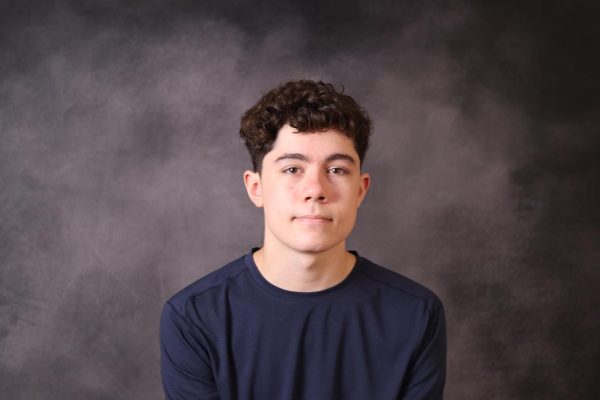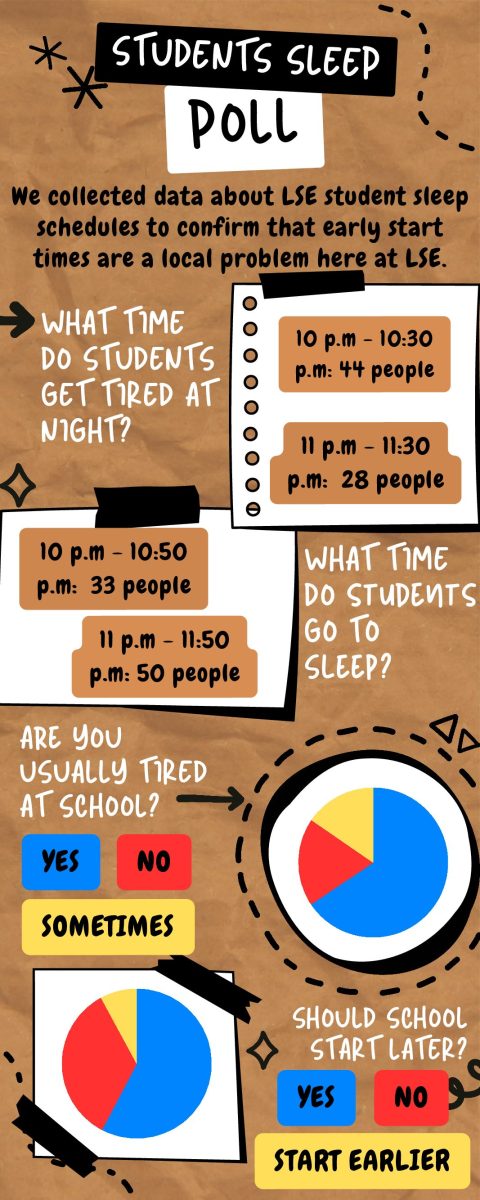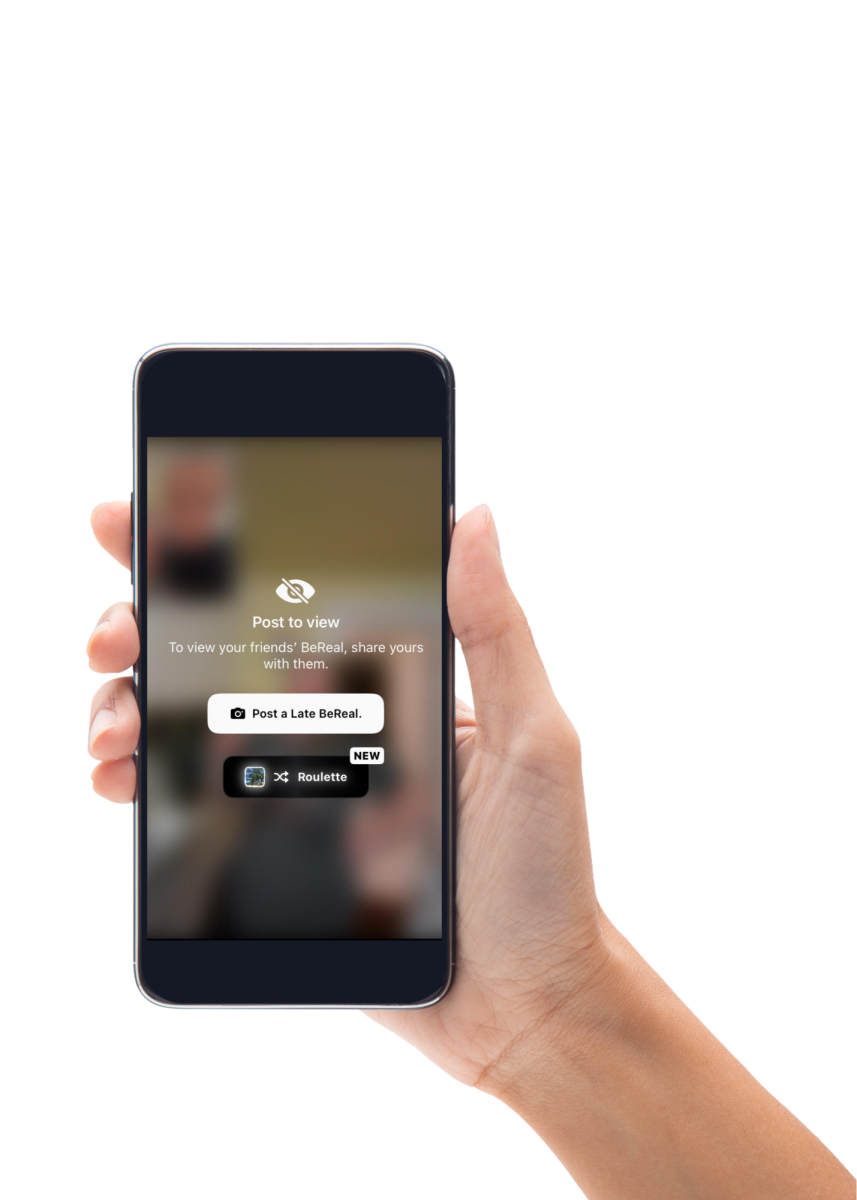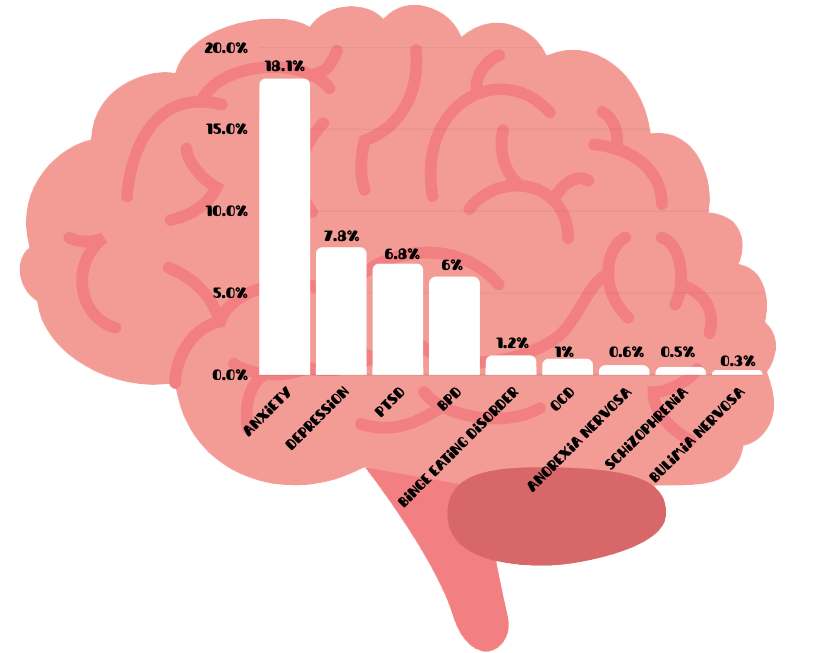Your circadian rhythm is like an internal clock; it tells you when to get tired and go to bed, and when to wake up in the morning in order to ensure adequate amounts of sleep. When you turn 13 or so, your circadian rhythm shifts quite a bit. You start getting tired much later at 10 or 11 p.m. and waking up at 9 or 10 a.m. This is a crucial part of your life, where growth and development is at an all time high, and sleep is definitely super important for that. But school often disrupts the circadian rhythm of students by starting at 8 a.m, not to mention people who have first period classes that start at 7 a.m. Students have to wake up much much earlier to even arrive at school in time in the first place. This leads to many students getting less than adequate amounts of sleep and feeling sleep deprived and tired during the school day. It’s because of this that I think that LSE, and other schools in LPS, should start much later.
Sleep deprivation is linked to major mental health concerns including anxiety and depression. Research shows that sleep problems among adolescents are a major risk factor for suicidal thoughts and death by suicide, which ranks the third leading cause of fatalities among 15-25 year olds. The stress from schoolwork, the anxiety, the sleep deprivation, all of this pressure all at once can make any person feel trapped. Alongside this, many students drive to school, but when anyone is driving at 35 mph while sleep deprived and tired, their coordination and decision making skills become complete mush. This is one of the leading causes of driving accidents and can be easily avoided if high school wasn’t such a breeding ground for unhealthy sleep-related habits.
“I think high school is a real danger spot in terms of sleep deprivation,” said William Dement, MD, PHD and founder of Stanford Sleep Disorders Clinic. “It’s a huge problem. What it means is that nobody performs at the level they could perform.” Whether it’s in school, on the roadways, on the sports field or in terms of physical and emotional health, lack of sleep impacts all of these.
A 2018 study done on two schools in Seattle looked at what a later start time would actually do for a student’s sleep habits and academic performance, specifically in biology. They moved start times to 8:45 a.m., and what they found was that students’ grades increased by 4.5%, and students’ sleep increased an average of 34 minutes each night. Now imagine if schools started at 9 a.m., or ideally 10 a.m. That would be a massive sleep improvement for not just students, but for faculty as well.
In a similar study in 2022, researchers found that middle and high school teachers felt less stressed and more rested after schools started 60 to 70 minutes later. But none of this applies to elementary students at all. In fact, earlier start times for them does not affect their health or sleep needs in any way, but elementary schools start later, which doesn’t make all that much sense, so when we make our big switch of start times, elementary schools should start earlier. We understand the benefits of a later start time and the drawbacks that our current start times have on students, but are we sure that LSE students are directly affected by any of this? In a recent survey, LSE students answered questions about school start times and student sleep schedules. According to responses to the question “Are you usually tired at school?”, 63.7% of students said yes with 36.3% saying they’re only tired sometimes. That is a large number of kids that clearly aren’t getting enough sleep at night, and it’s very possible to change that if school just started later. In fact, 56.5% of students agree that school should start later; the only reason that number isn’t higher is that they don’t want school to end later because of work and sports being delayed. But I have an idea for a type of schedule that will fix this issue.
A/B block scheduling is a newer style of school scheduling where, instead of having seven to eight periods of school, the course schedule is divided up into two primary divisions: A and B. The students on A block will have periods one through four on a specific day, while B block will have the last four periods of the day. For example, A block will have periods one, two, three and four on Mondays, Wednesdays, and Fridays, with the other four classes on Tuesdays and Thursdays. B block will have the same schedule, but will have five, six, seven, and eight three days during the week. After Friday, the two blocks will rotate with B following the schedule that A had last week and vice versa. This style of schedule has much longer 90 minute periods as opposed to the 45 minute periods we have now.
We want school to start at 9 a.m. or ideally 10 a.m, so if we start at one of these times with this schedule, we could end at the same time we do now and classes would be a little longer, somewhere between 45 and 55 minutes long. This would allow for both students and teachers to get the sleep they need while also being able to enjoy their free time and extracurriculars, with very little hindrance on learning as a whole. I think school should start later, the student body thinks school should start later and if students are the main focus of school as a whole, I think LPS should listen to the student body. The reality is that teenagers need sleep, and school disrupts that need by starting too early. This causes teens to be sleep deprived and develop problems with anxiety and depression. LPS, I want you to at least try a schedule like the one I suggested and start school much later for a year. Students will feel more rested, less stressed, more alert and be able to work harder in school; and that’s what you want right? For us to work harder in your schools?
Categories:
Opinion: LET STUDENTS SLEEP!
Sleep deprivation from early start time leads to dangerous decline in student performance
Jones O’Donnell, Staff Writer
November 13, 2023
0
More to Discover
About the Contributor

Jones O’Donnell, Staff Writer
Jones O’Donnell was born in Lincoln but lived in Japan for 12 years, and he only recently moved back to the US. Even though he lived in Japan for so long, he’s forgotten most of his Japanese. He likes to make video games, write and listen to music. His current favorite food is takoyaki, and he thinks someday he’ll make it big in some way, even though that’s probably a pipe dream.







